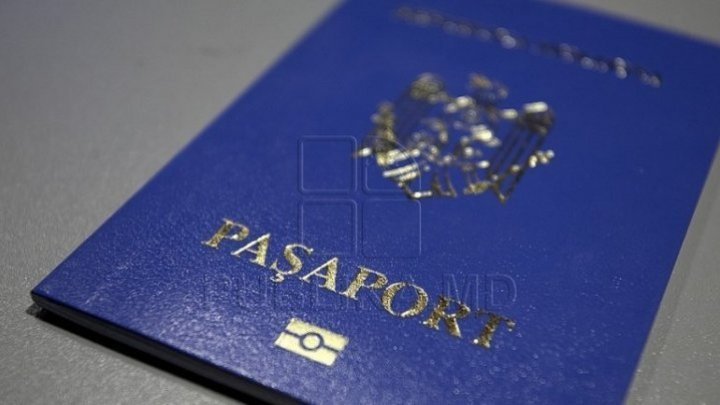Moldovan citizenship in return for investment: reinventing our economy, not the wheel
 foto: publika.md
foto: publika.md
As a small landlocked country, with no energy resources of its own, Moldova projects vulnerability in a wider regional context. Increased efforts towards European integration have triggered Russia’s swift retaliation on economic grounds, banning Moldovan imports and installing a climate of economic uncertainty. Only in 2013 and 2014, Moldovan exporters could redirect their goods to Western markets, driving economic recovery.
Moldova’s path towards development is shaped by the country’s geography: sandwiched between Romania and Ukraine, the Eastern European country has been able to consolidate access by signing multiple economic agreements with EU Member States and with former soviet republics. Currently, local companies can access both European and Asian markets, with an undeniable preference for a the former, where almost 70% of Moldovan exports are now directed.
A further, rather challenging step is securing competitiveness; how to make Moldova more competitive on the global market, without relying on natural resources. As experienced by local stakeholders, solutions call for an innovative approach, as long as consolidated export capacities and foreign investments are Moldova’s main drivers for economic growth. It is a moment of opportunity for Moldovan authorities to adopt measures with proven efficiency and secure the country’s remarkable economic growth of the past 2 years.
A measure to look into: granting Moldovan citizenship to major investors.
This mechanism is nothing new; more developed countries already have it. In Moldova’s case, it involves a non-refundable contribution of 100 thousands euro from foreign citizens, to be transferred in a state fund for structural investment in infrastructure - such as roads, water collection systems, aqueducts. The other option is to invest 250 thousands euro in real estate or state bonds for a period of 60 months.
A projection put together by specialists from the Moldovan Ministry of Economy shows that, at a first stage, 1.3 billion dollars would enter the country. 17% of the Moldovan current GDP. This program would drive a 2.5% annual economic growth, with 8-9% more money to the state budget, in the period of implementation. Foreign direct investment would triple. Investment in private constructions would register a 25% growth.
The legislative framework for the “investment” citizenship has been in place since last year, yet criticism is now gaining ground. Some voices have attempted to start a conversation about risks to the national security - while we welcome further interest in this topic, one should be aware that such a program implies due diligence assessments and detailed investigations operated by intelligence services and law enforcement authorities.
We are not in the business of reinventing the wheel. We dream bigger - Moldova needs a braver development model and we are lucky enough to be able to apply measures with proven efficiency in leading markets.
This program is available in the United States of America, United Kingdom, Germany, Austria, Singapore, Hong Kong. An elite club of states have come to the conclusion that their openness is even more valuable when foreign citizens are able to invest and prosper. Usually, conditions in the above-mentioned countries include: investment in the banking sector (deposits), real estate or companies; job creation, investment in state bonds or even donations to the state.
Scepticism is natural, but can prove counter-productive without the necessary information. This is why, in the end, I would like to highlight a study done by IMF experts on “citizenship in return for investment.” IMF experts debunk the myths around this type of programs and focus on benefits - which, in Moldova’s case, can make up for a real success story.